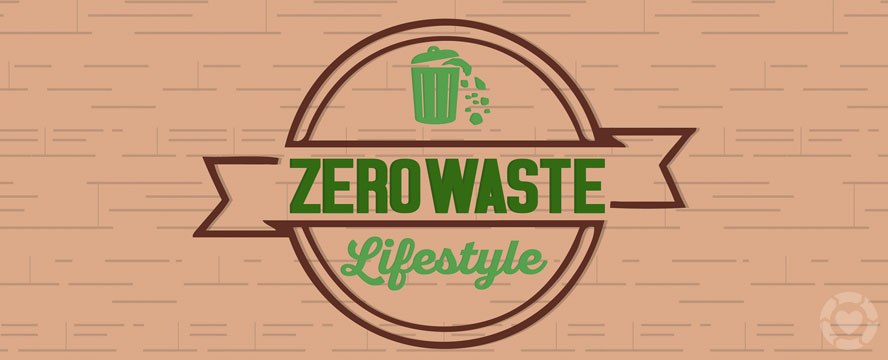As some of you may know, we have decided to try to go zero waste for a week, and now the final results are in. Going zero waste requires a person to cut his or her trash production to the smallest amount possible. Most experts in this lifestyle produce less than a mason jar worth of trash every year. Although only going zero waste for a week cannot truly encompass all the struggles of someone who is 100% committed, we were able to look back at our old habits and see just how much more we all can do for our planet.
Throughout the week, plastic posed a bigger and bigger issue. What was at first the refusal of using plastic utensils turned into the refusal of somewhat dire objects, such as toothbrushes, shampoo bottles, and plastic wrap for food. But you may ask: How can you buy things that don’t have plastic incorporated into them? The truth is, it is extremely difficult (unless you live on a farm and are completely self-sufficient). You can’t walk into an average grocery store and buy every item on your grocery list without buying at least one item that is wrapped in layers of plastic. Although you can definitely find many foods that are not wrapped, most meats are covered with plastic, and vegetables can come in plastic containers (even bananas can be found in saran wrap!). What to do now? Whole Foods offers a solution: buying in bulk. You come into the store with your own containers, fill them up with a certain nut, cereal, or item they have available, and then proceed to check out.
Now, back to our experiment. I, Miranda, found it extremely difficult to go zero waste. For example, when I was making dinner one day, I used up all the olive oil we had. I had a large empty metal container and no place to put it. I couldn’t reuse it for anything, and there isn’t an olive oil replenishing station in town, so I had to throw it away. Other small issues like this arose during the week that seemed completely out of my control. But I didn’t produce trash through one-use products and other non-recyclable materials.
I, Olivia, went through some hardships in producing zero waste as well. When going zero waste, it is important to use the supplies already in one’s possession, which I found hard because, as simple as it may sound, it is difficult to avoid purging amidst a life full of clutter. When I say “avoid purging,” it may confuse you because minimalism is a common thought when the phrase “zero waste” comes to mind. Though it is important to use the supplies already in your possession before tossing them, as normal as it is to want to start anew, zero waste is about slowing your consumer process.
There are many factors that go into lessening the amount of waste one produces, but the process which we go through to achieve this goal is one of many steps. If you are looking to start a zero waste life, there are plenty of videos on the Internet about it, as well as many articles online that can help. No matter how much trash you produce now, you can always find a way to reduce what you are consuming. It is key that you do not give up after one sli- up though, since then you would never be able to achieve anything you want to. This experiment will make both of us more conscientious in the future when buying new things. Whether they are for school or our own enjoyment, we will always try to buy environmentally-sustainable products that don’t have a negative impact on our Earth.

